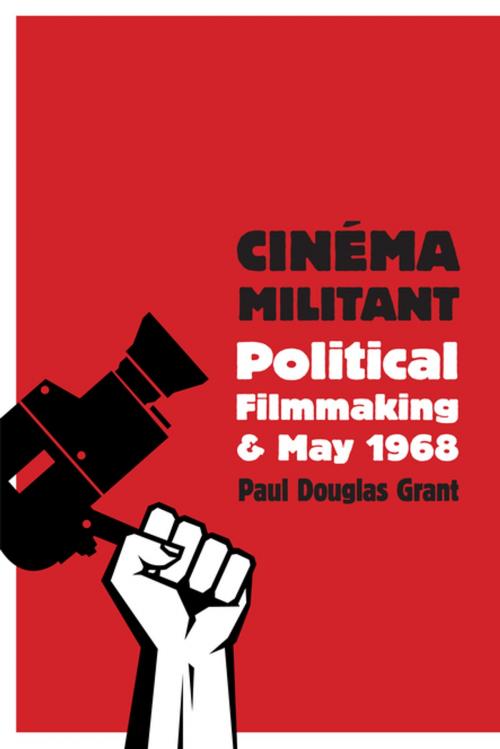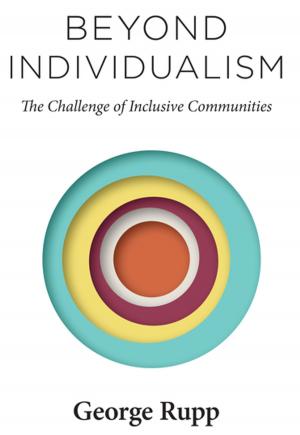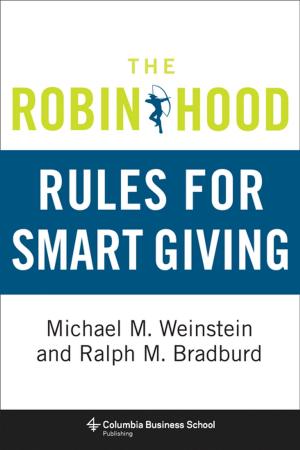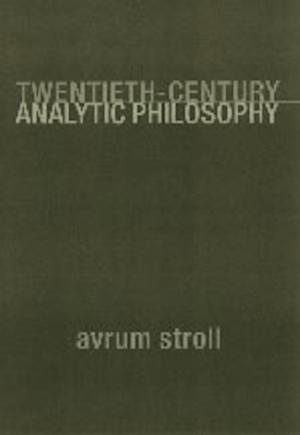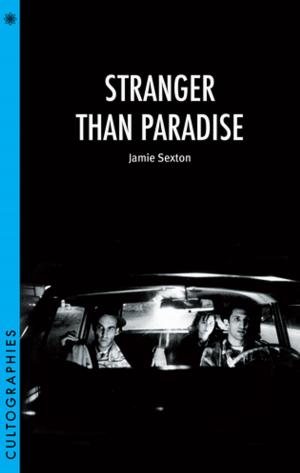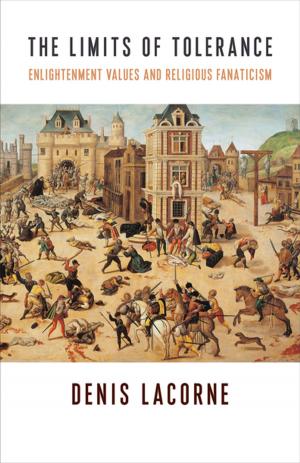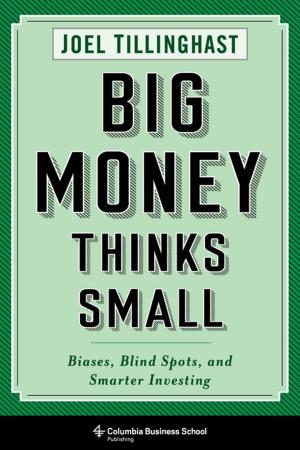Cinéma Militant
Political Filmmaking and May 1968
Nonfiction, Entertainment, Film, History & Criticism, Performing Arts, History, France| Author: | Paul Douglas Grant | ISBN: | 9780231851015 |
| Publisher: | Columbia University Press | Publication: | June 14, 2016 |
| Imprint: | WallFlower Press | Language: | English |
| Author: | Paul Douglas Grant |
| ISBN: | 9780231851015 |
| Publisher: | Columbia University Press |
| Publication: | June 14, 2016 |
| Imprint: | WallFlower Press |
| Language: | English |
This history covers the filmmaking tradition often referred to as cinéma militant, which emerged in France during the events of May 1968 and flourished for a decade. While some films produced were created by established filmmakers, including Chris Marker, Jean-Luc Godard, and William Klein, others were helmed by left-wing filmmakers working in the extreme margins of French cinema. This latter group gave voice to underrepresented populations, such as undocumented immigrants (sans papiers), entry-level factory workers (ouvriers spécialisés), highly intellectual Marxist-Leninist collectives, and militant special interest groups. While this book spans the broad history of this uncharted tradition, it particularly focuses on these lesser-known figures and works and the films of Cinélutte, Les groupes medvedkine, Atelier de recherche cinématographique, Cinéthique, and the influential Marxist filmmaker Jean-Pierre Thorn. Each represent a certain tendency of this movement in French film history, offering an invaluable account of a tradition that also sought to share untold histories.
This history covers the filmmaking tradition often referred to as cinéma militant, which emerged in France during the events of May 1968 and flourished for a decade. While some films produced were created by established filmmakers, including Chris Marker, Jean-Luc Godard, and William Klein, others were helmed by left-wing filmmakers working in the extreme margins of French cinema. This latter group gave voice to underrepresented populations, such as undocumented immigrants (sans papiers), entry-level factory workers (ouvriers spécialisés), highly intellectual Marxist-Leninist collectives, and militant special interest groups. While this book spans the broad history of this uncharted tradition, it particularly focuses on these lesser-known figures and works and the films of Cinélutte, Les groupes medvedkine, Atelier de recherche cinématographique, Cinéthique, and the influential Marxist filmmaker Jean-Pierre Thorn. Each represent a certain tendency of this movement in French film history, offering an invaluable account of a tradition that also sought to share untold histories.
